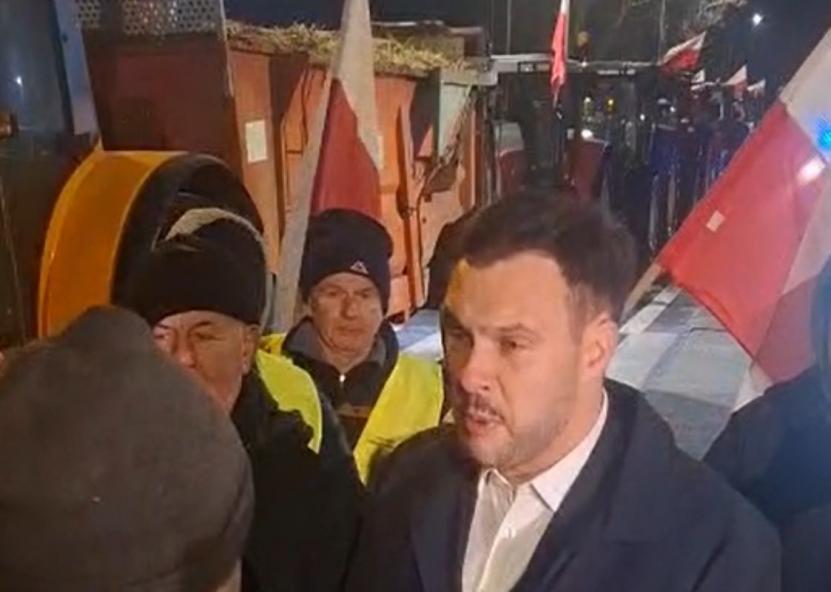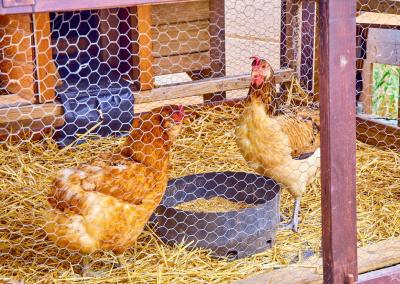In Poland, farmers forced the government to respond to the protests. They made clear demands
The Greater Poland Voivodeship has become the epicentre of agricultural tensions in the neighbouring country, where protests have been taking place since mid-November.Since Thursday, farmers in the village of Koszuty have been blocking the strategic DK S-11 road, demonstrating not only their determination, but also their ability to mobilise and exert political pressure on the authorities. The protest is an attempt to get the Minister of Agriculture, Stefan Krajewski, to defend the farmers' interests.
Farmers from the three districts announced one of the biggest roadblocks in recent months even before the official start of the protest. On Thursday, they stopped traffic on the Koshuty section from 8am, when around 30 tractors pulled out onto the road and around 50 farmers took part in the protest.
The action, according to them, is an "extreme but unavoidable" measure, given the financial situation of the farmers, which is due to several reasons.
Protest organiser Dariusz Goliński's calculates that the purchase price of pork, when converted from zloty to euro, is only between €0.99 and €1.06. These prices were the same two decades ago, the farmer said.
Purchase prices for cereals are between €142 and €165 per tonne, depending on the crop, according to farmers. Meanwhile, fertilisers are already costing up to €590-600/t.
Farmers say that avian influenza has virtually paralysed the entire poultry sector and that markets for the sale of produce are shrinking.
The meeting with the farmers was attended by Deputy Minister of Agriculture Adam Nowak, as the Minister of Agriculture is currently in Uzbekistan negotiating the opening of Asian markets for Polish products.
He promised to organise a direct meeting with Minister Stefan Krajewski. "I don't know how many people will attend, but I can promise that it will take place," the deputy minister promised.
Farmers are demanding not only stricter controls on supermarkets that do not buy Polish farmers' produce through import discounts, but also a strong rejection of the Mercosur agreement with the European Union and stricter trade with non-EU countries. The protesters are making a long list of demands to the ministry itself, ranging from trade and tax to food safety and labour market regulation.
For example, a 19% turnover tax on supermarket chains, a compulsory 80% range of products from Polish producers, and a ban on the sale of agricultural products below the cost of production are all being demanded.
Farmers are also seeking to block agreements with Mercosur, Ukraine and the US.















































































































